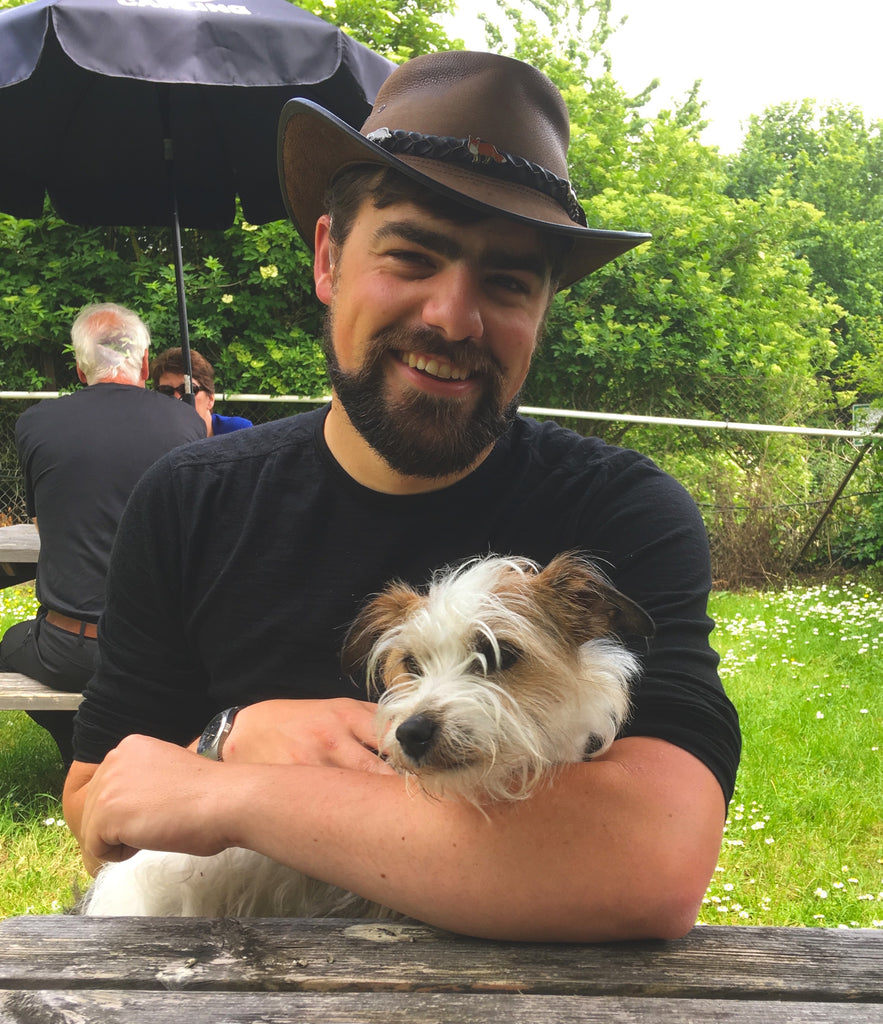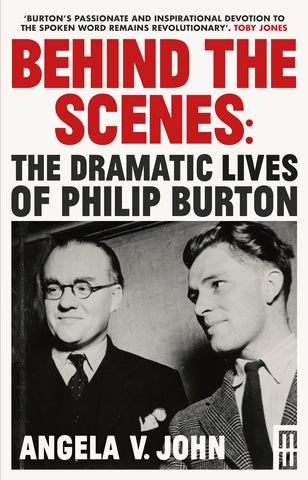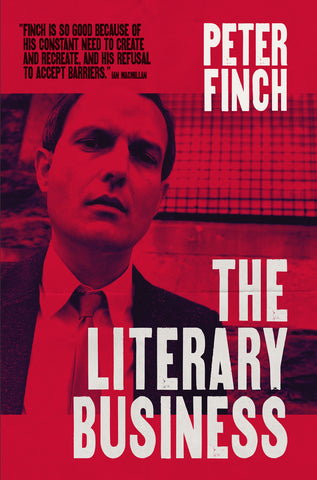For the second year running I’d won second prize at the Terry Hetherington Young Writers Award, open to all authors under 30 born, living or working in Wales. I thought by now I understood the way things would unfold. The competition anthology, Cheval 11, would be launched at the Dylan Thomas Centre in Swansea. I’d do a reading, get a cheque, a bottle of wine and a grinning photo in the Western Mail. It was awesome last year, and I was looking forward to doing it again.
Then I got an email out of the blue, offering me a £100 bursary towards the cost of an Emerging Writers Residential course in Wales, courtesy of Parthian Books. I jumped at the chance. On a sunny Monday in early June, I arrived at Tŷ Newydd near Criccieth on the Llyn Peninsula, former home of David Lloyd George, the British Prime Minister nicknamed the Welsh Wizard. By now the house was well into its new life as Wales’s only writing retreat.

During the early twentieth century, the square whitewashed respectability of the original Welsh farmhouse, with its four upstanding chimneys, was given a quirky twist by Clough Williams-Ellis. The architect of Portmeirion added a Roman portico to the garden door, and put bay windows and a lozenge-dome roof to the room that would become the library.
It has ideal acoustics for reading your work, but it also means that if you sit in the wrong place, everyone in the room can hear you slurping your wine. A large conservatory to one side is a twenty-first century addition, opening the house up to disabled visitors and providing welcome warmth on chillier days. We Emerging Writers were so absurdly lucky with the weather that the place was like an oven all week, so we happily basked in the garden instead.
There were fifteen of us, from various backgrounds. I’d just completed a PhD in English Literature—as I never tire of reminding people—and was investigating alternatives to academia. There was a bouncer from Gwyneth who wanted to write a family memoir, a fantasy novelist who used to work for a circus, a creative in advertising looking for a new direction, a theatrical reviewer and member of the BBC Asian network, to name only a few. We had two experienced creative writing tutors to guide us in the craft, and they handily represented two different sides of the writing process.
Tristan Hughes set exercises related to style and editing, which was really beneficial for a writer like me, on the 5000-word threshold of a longer novel. Tiffany Murray focussed on beginning stories and imagining characters, from which fascinating material emerged. Towards the end of the week, however, I found I was so desperate to write the scenes I was imagining for my own characters that I skipped class to get the words down before they faded.
This was one of the real strengths of Ty Newydd. The days were packed with a full timetable of events, including a trip to the beach, but things were sufficiently laid-back and flexible that if you wanted to just sit on the grass and prioritise your writing, or even to go wandering by the riverbank in search of the perfect swimming hole, no-one got on your case for it.
Ever since I finished my first dreadful fantasy novel in my early teens, the spectre of publication has always hovered dimly on the far horizon, vague and insubstantial. By the end of the week it felt almost near enough to clutch. While at Ty Newydd, I finished a 575-line ballad, ‘The Fortress Unvanquishable Save For Sacnoth’, and read it to an audience including the publisher of Parthian Books, the head of Literature Wales and the National Poet of Wales.
Previously I’d thought old-fashioned narrative poetry was unsellable: now I was being advised to publish it as a chapbook and perform it at the Edinburgh Fringe. Cromlech, my Swansea-set horror novel, looked less like Stephen King fan fiction, and more like a proper book. Encouragement and good advice were showered upon me from all sides, not least by my fellow emerging writers.
They were the heart and soul of the week, and its best legacy. Those of us who live in Cardiff have already formed a WhatsApp group and arranged to reunite for the Wales Book of the Year ceremony, with a Facebook group keeping us in contact with those further abroad. I don’t need to gush about them here, because I can muzzily recall closing one evening’s wine and conversation with a sweeping, Shirley Basseyan, “Good night, and I love you all!”
Even after spending the last four years reading for a doctorate in English Literature (I may have mentioned this already), the luxury of being among so many like-minded authors, so many literary conversations, was wonderful; academics generally settle for complaining about the job market ad nauseam. I won’t forget drawing half-a-dozen writers down to the swimming hole for an afternoon dip, or the brilliance and the boozy camaraderie of our final night readings, or the group hug that turned into Auld Lang Syne that turned into the Hokey Cokey. I look forward to seeing us all on the bookshelves, in the near future.
....
Dr Thomas Tyrrell was recently awarded a PhD in English Literature from Cardiff University for his thesis “Remapping Milton: Place, Space and Influence 1700-1800”. He will be reading his prize-winning poems ‘Sometimes in Summer’ and ‘Wimbledon Sonnets’ at the Terry Hetherington Award Ceremony in Swansea, on Friday 29th June.



